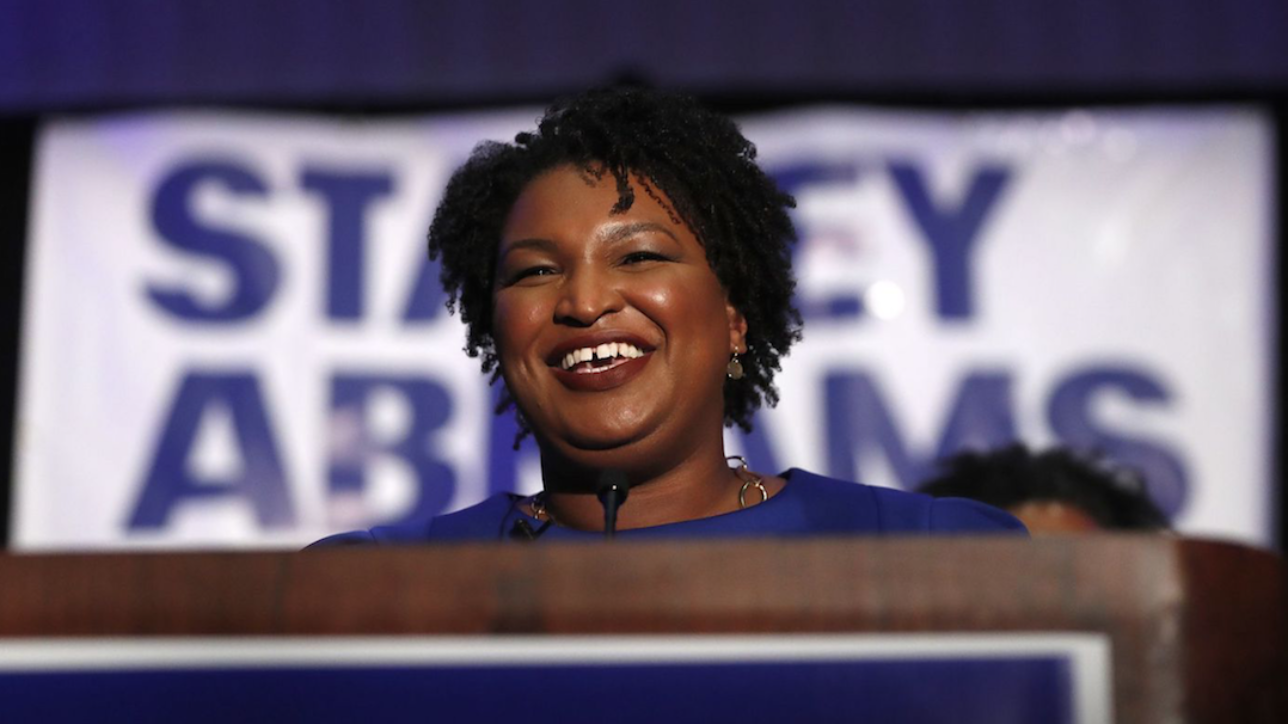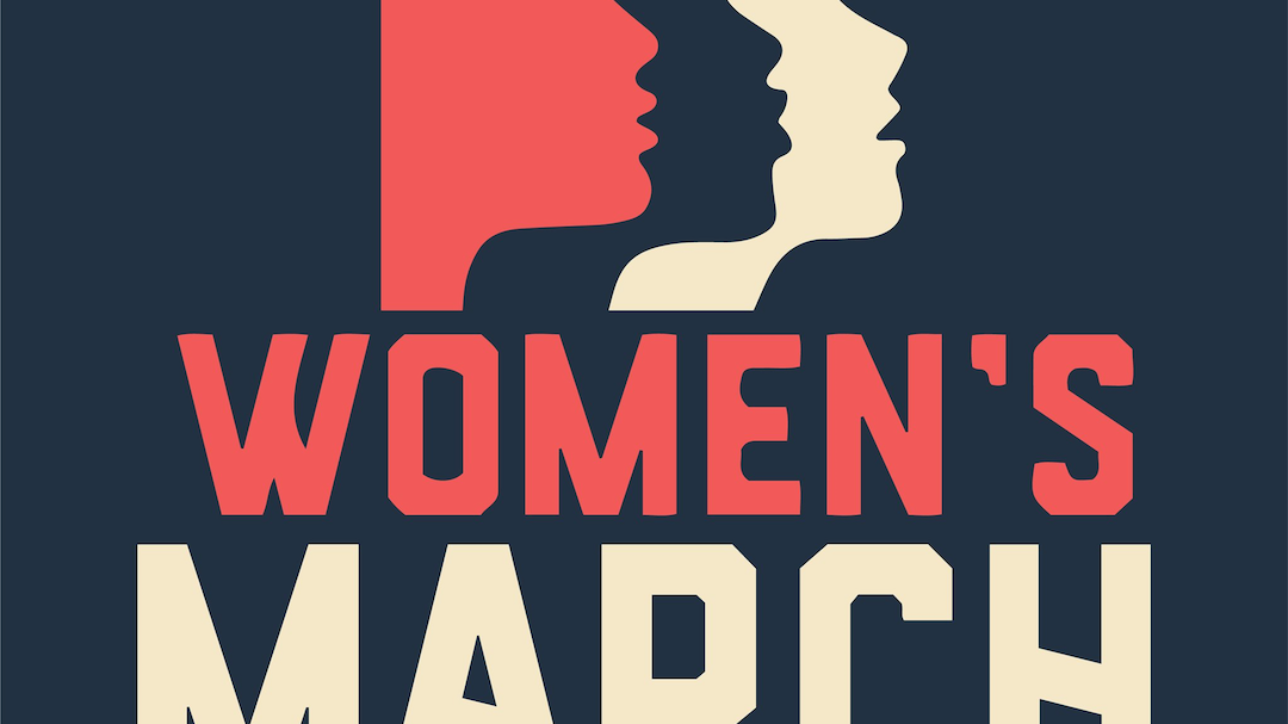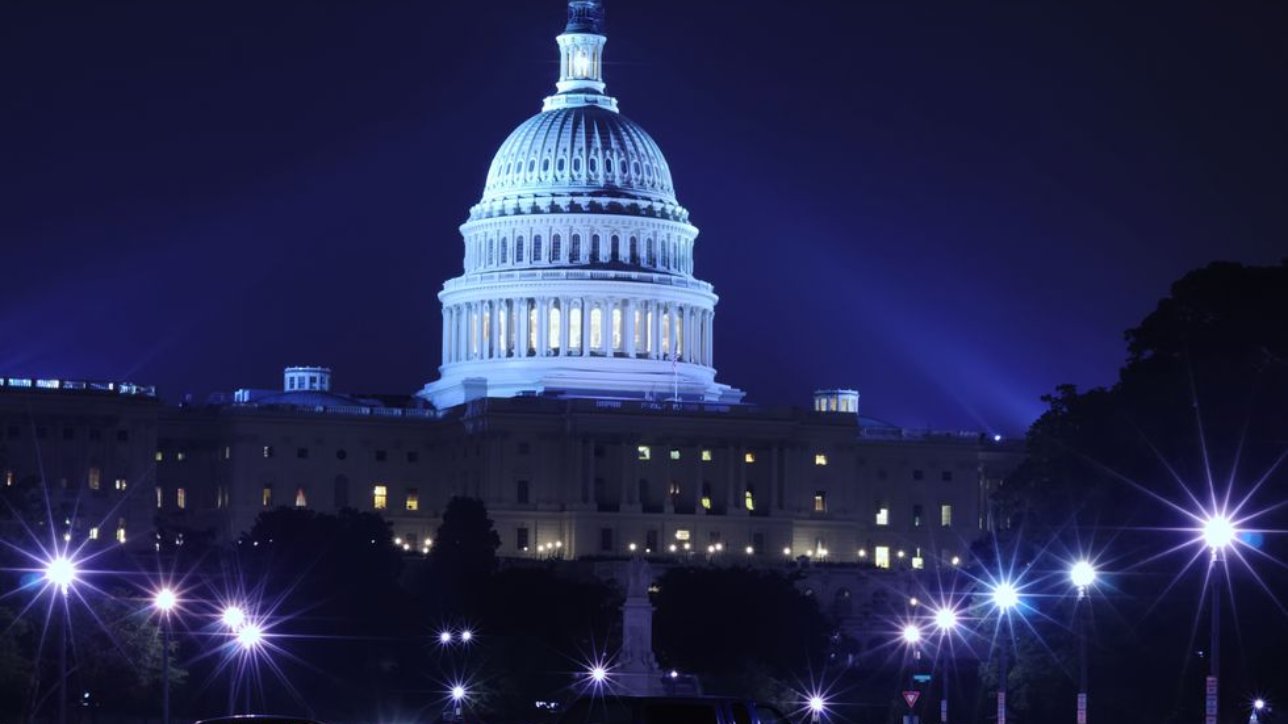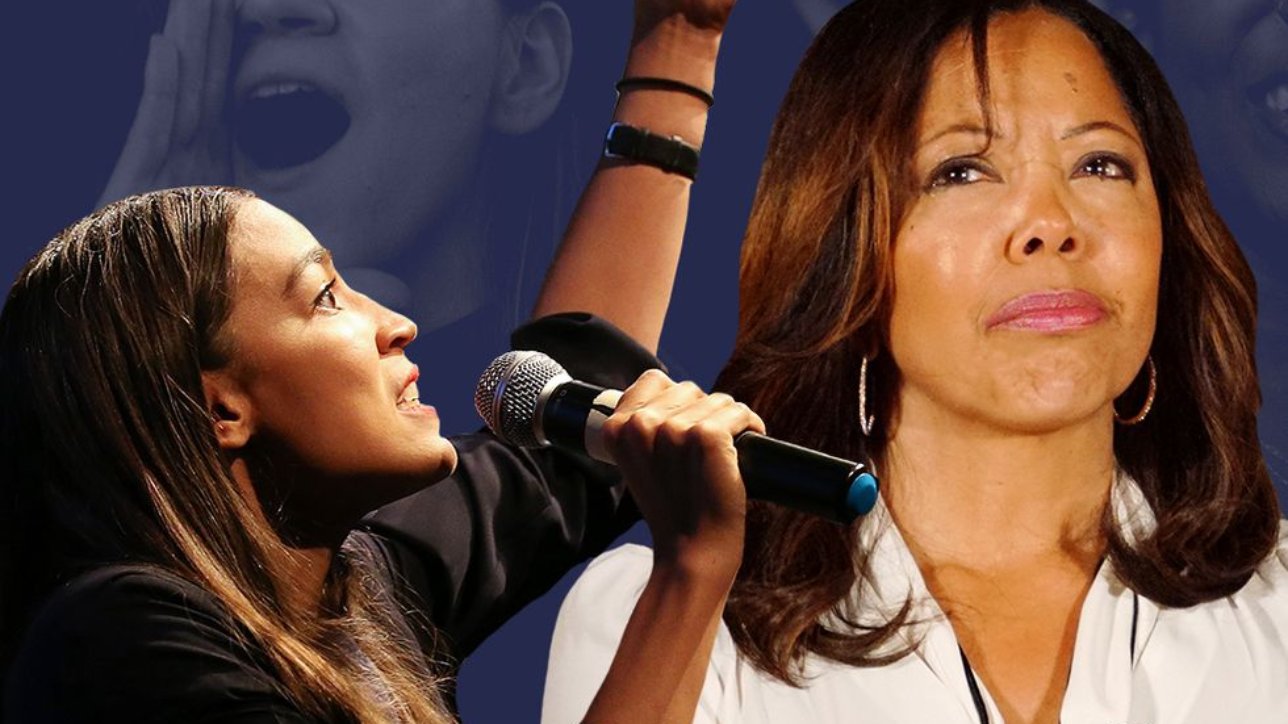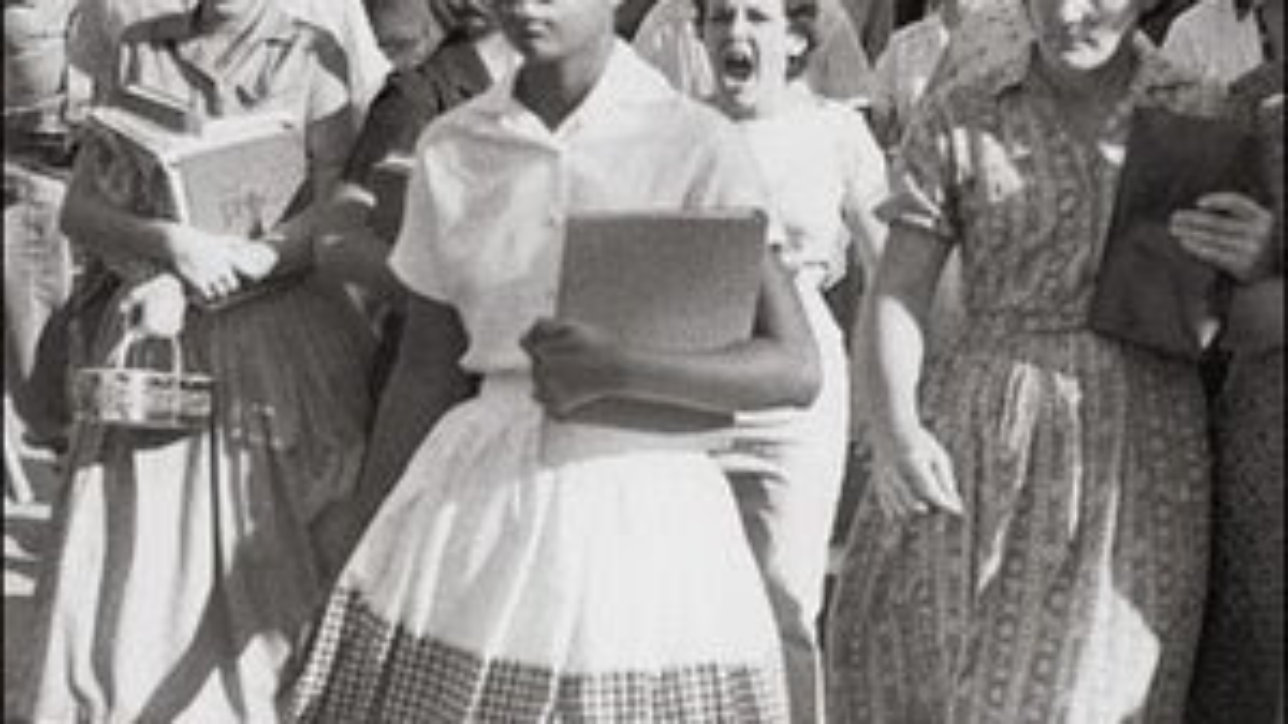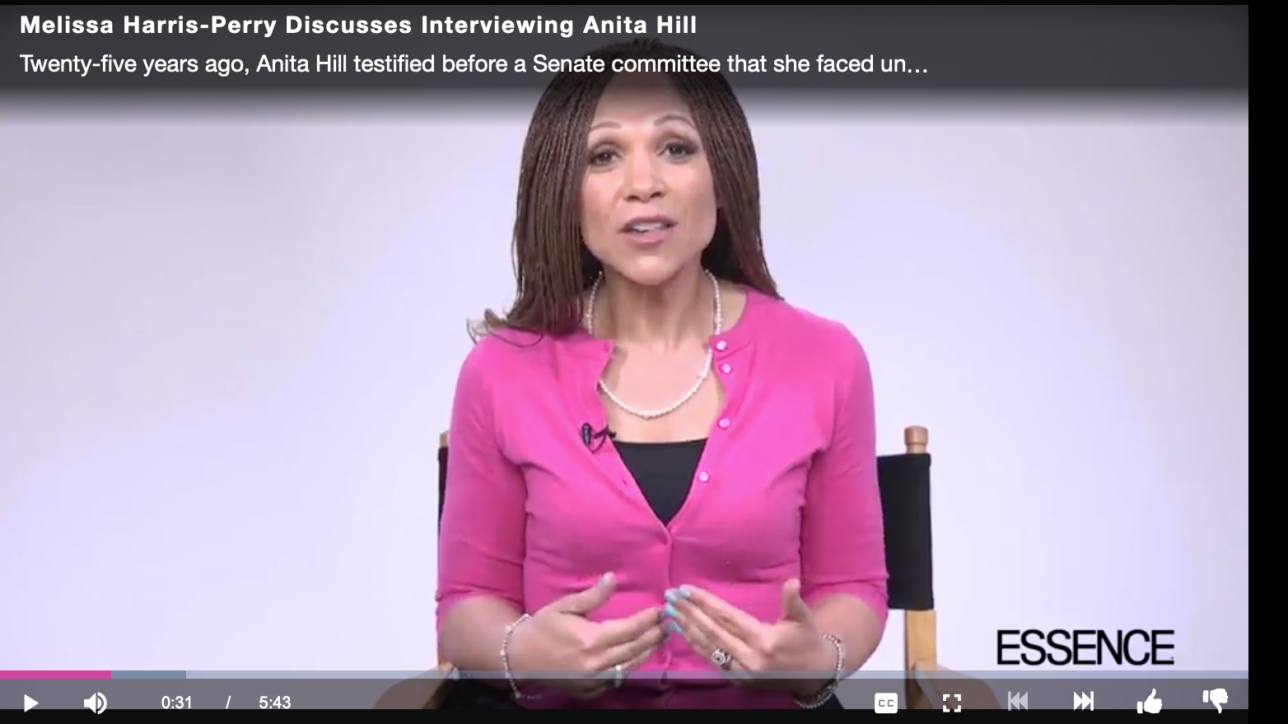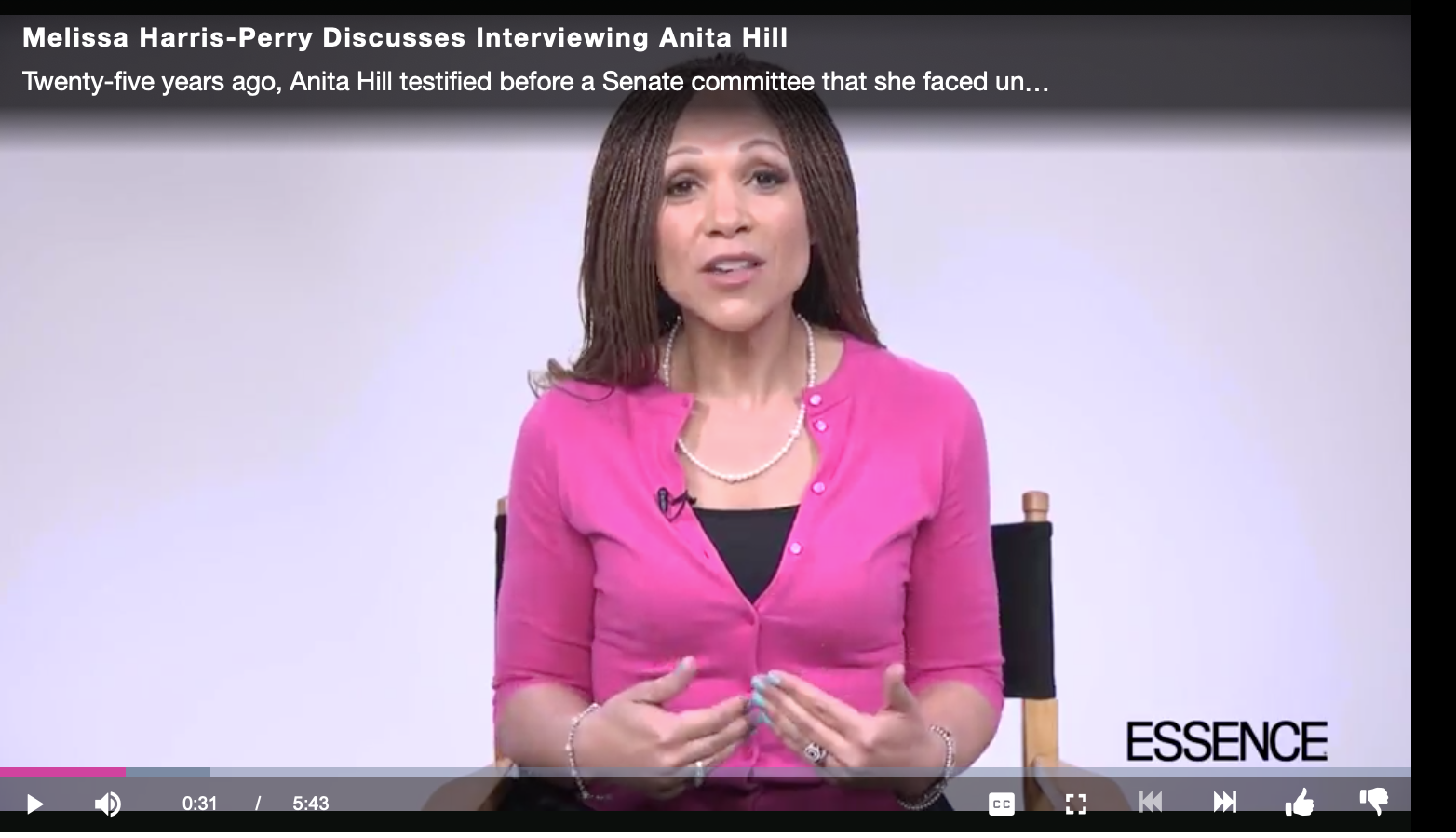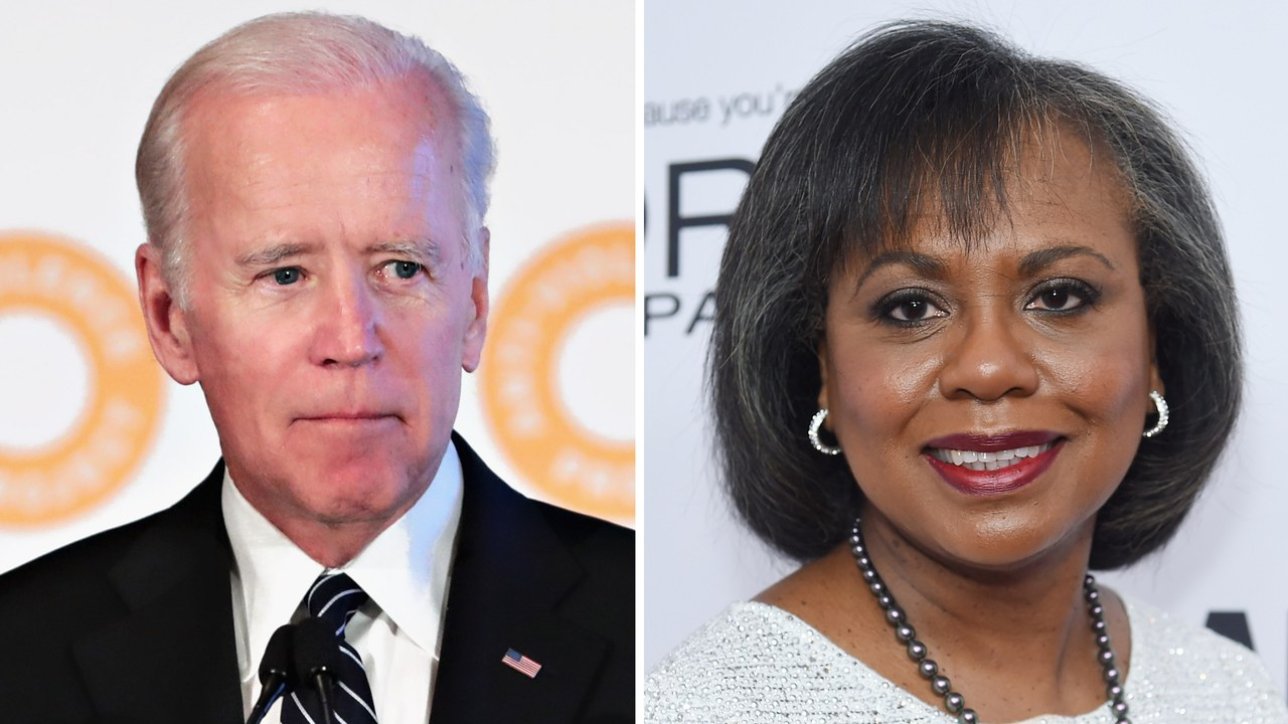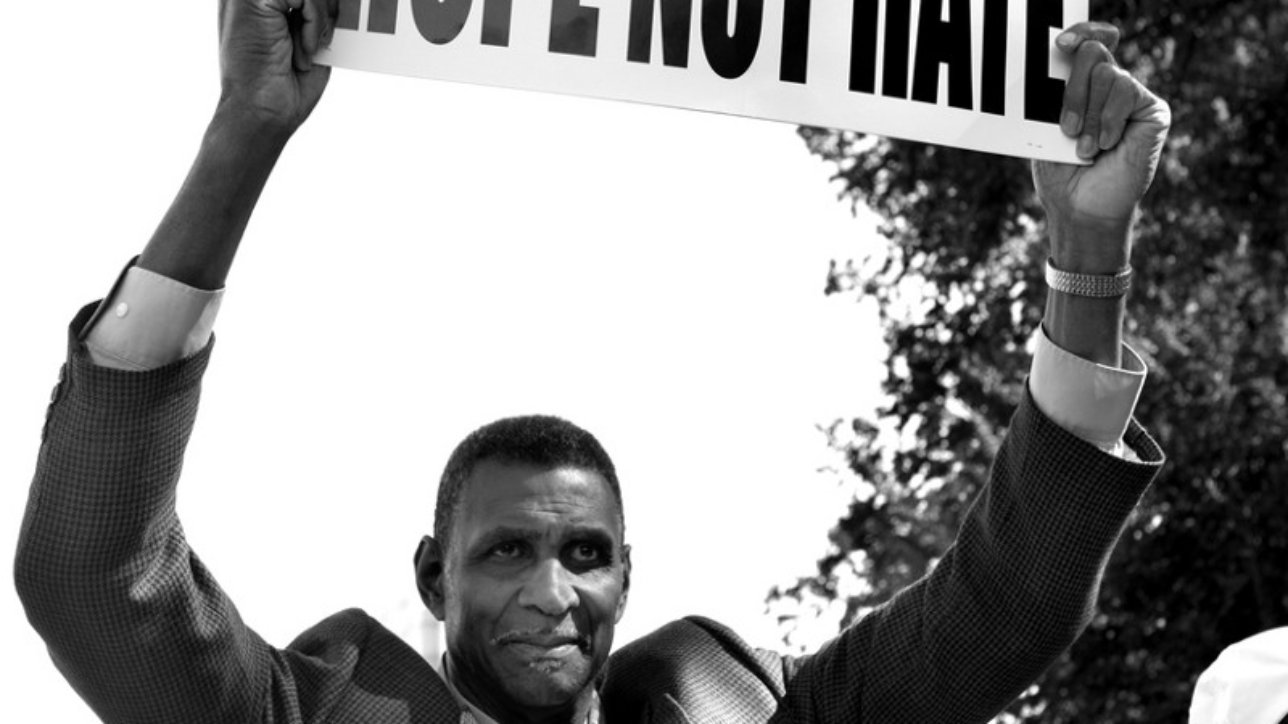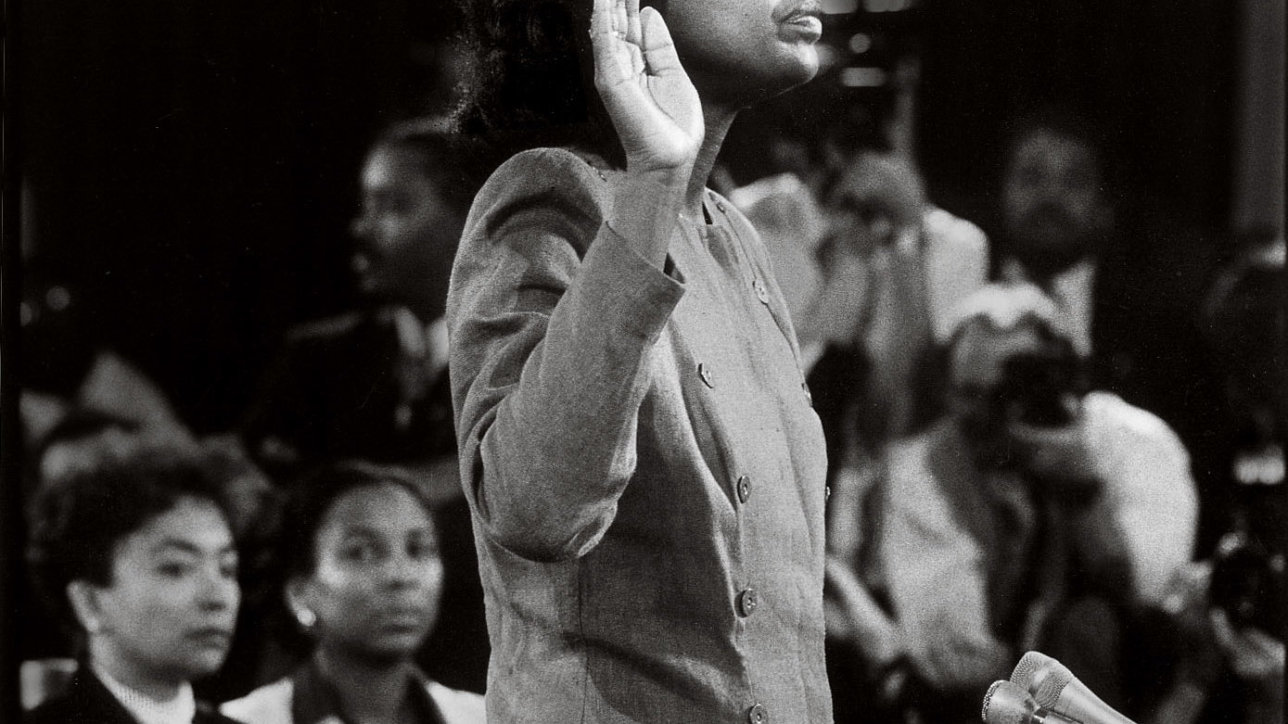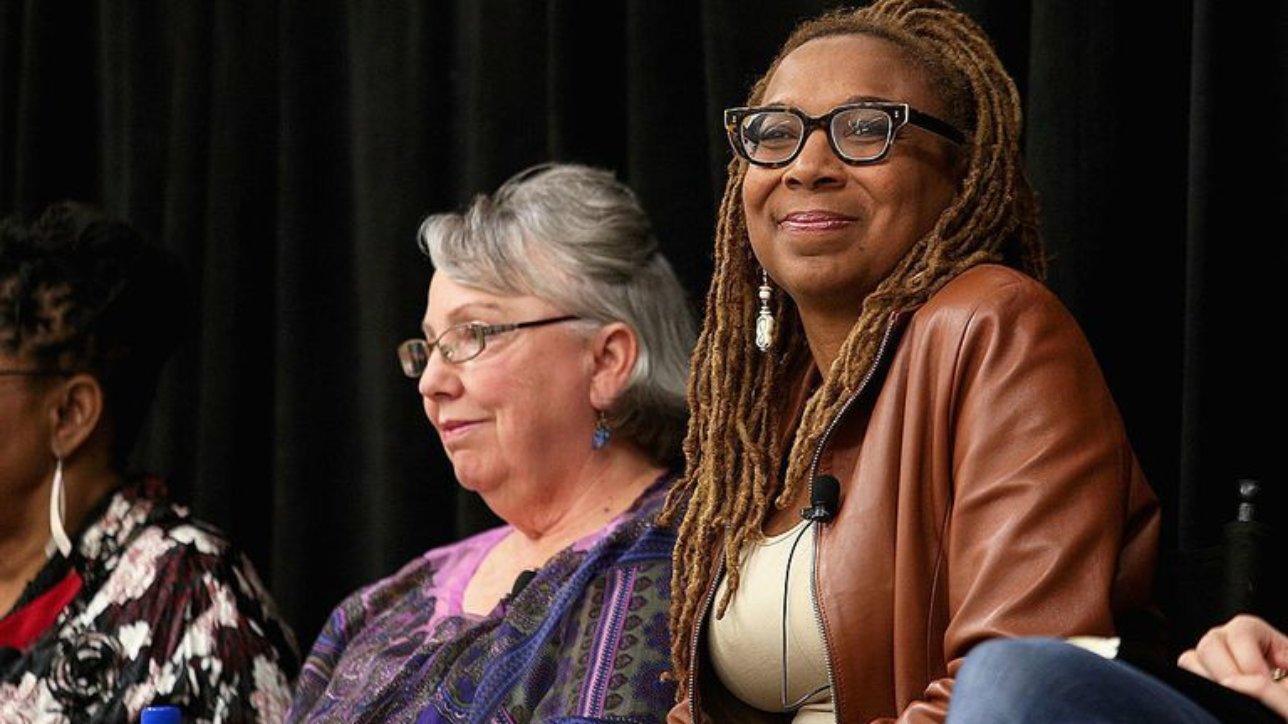By Melissa Harris-Perry and Dorian Warren
Stacey Abrams made history this week when she won the Democratic primary for governor of Georgia. She now has the chance to become the first Black woman governor in America. Abrams secured the nomination decisively, defeating her primary opponent — “the other Stacey” — by a 3-to-1 margin and racking up more than 400,000 votes. Meanwhile, it is still unclear preciesly whom Abrams will face in the general election. The Republican candidates, Casey Cagle and Brian Kemp, are now in a runoff after a crowded primary race. But Abrams, it’s important to note, got more votes than both Cagle and Kemp combined. This was not a small win — it was huge. Cont…

